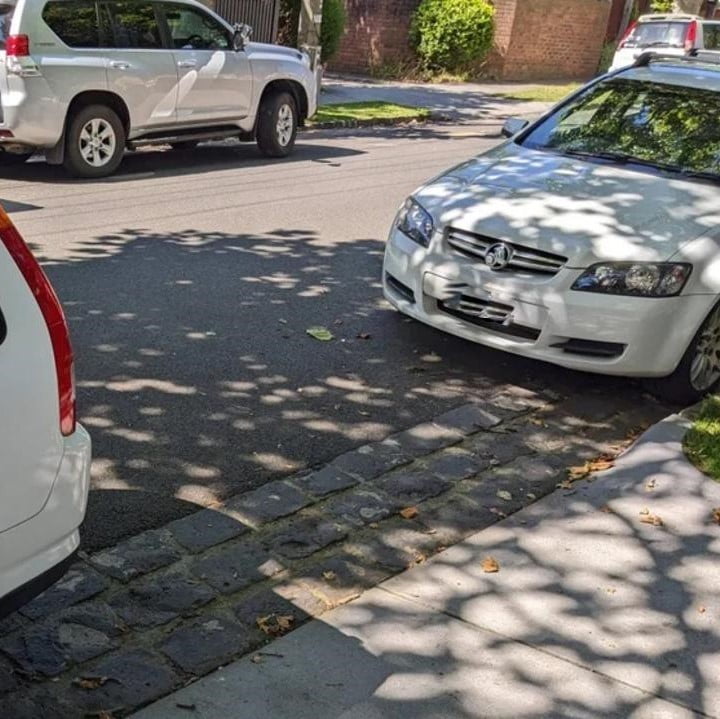
How Close Can I Park to a Driveway in Queensland?
Navigating the complexities of parking laws can often be a daunting task for many motorists in Queensland. Understanding the specifics of how close one can legally park to a driveway is not only a matter of convenience but also a significant legal requirement. This article aims to demystify the regulations governing driveway parking in Queensland, offering clarity to drivers and helping them avoid unintentional infringements. Given the variation in rules between different regions and the potential for hefty fines or legal consequences, gaining insight into these laws is crucial. By exploring the legal framework, specific driveway parking laws, and the implications of non-compliance, this article serves as a comprehensive guide for anyone navigating the busy streets of Queensland.
Legal Framework Governing Parking in Queensland
Parking regulations in Queensland are primarily governed by the Transport Operations (Road Use Management) Road Rules. This legislation encompasses a wide range of road use rules, including those pertaining to parking near driveways. In addition to state laws, local councils in Queensland may have specific by-laws that further dictate parking rules in their respective areas. These regulations are designed to ensure the safe and efficient use of public roads, balancing the needs of motorists with those of residents and pedestrians.
For instance, Brisbane City Council, among others, sets out specific local laws that complement state regulations, tailoring parking rules to the unique needs of their communities. It is important for drivers to be aware that while the state law provides a general framework, local by-laws can introduce additional restrictions or allowances. Therefore, understanding both the state and local laws is crucial for compliance. Non-adherence to these laws can result in fines and other penalties, emphasizing the importance of being informed about the specific parking regulations in the area where one is driving.
Specifics of Driveway Parking Laws

In Queensland, a key aspect of parking laws relates to the driveway crossover – the area where a private driveway intersects with the public road. The prevailing rule mandates that vehicles must not park in a way that obstructs access to a driveway crossover. This regulation ensures that visibility and access for vehicles entering or exiting the driveway are not compromised. It is particularly important for safeguarding pedestrians, including children and those with disabilities, by maintaining clear sightlines and unobstructed pathways.
Local council variations can slightly modify the implementation of this rule. For instance, certain councils may adjust the required distance from the driveway crossover or offer specific exemptions based on vehicle type or time constraints. In densely populated neighborhoods, these regulations are often enforced more rigorously to accommodate the higher demand for access and pedestrian safety.
It’s essential to understand that the restrictions on parking near a driveway crossover apply not only to the front but also to the sides. This often-overlooked detail can lead to accidental legal breaches. The law is designed to keep the driveway crossover fully accessible, ensuring that the path in and out of the driveway, as well as the adjacent areas, are clear for safe manoeuvring of vehicles.
Motorists in Queensland should always be vigilant for any local signage that might indicate specific rules set by the council regarding parking near driveway crossovers. Ignoring these laws can result in penalties, including fines and demerit points, emphasizing the critical nature of compliance for road safety and legal adherence.
Consequences of Illegal Parking
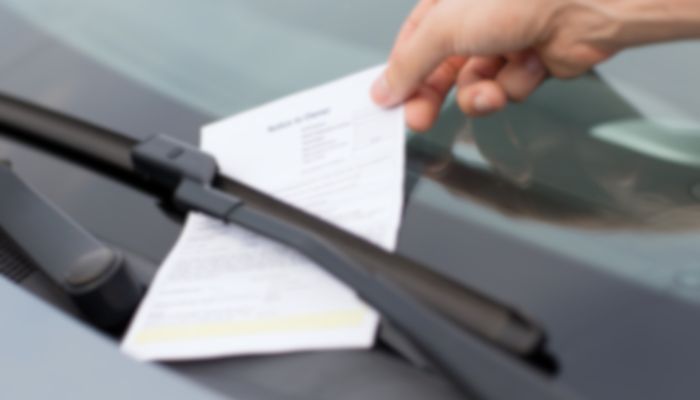
Parking too close to a driveway crossover in Queensland can lead to significant legal consequences. Infringements typically result in fines, which vary depending on the jurisdiction and the nature of the violation. For instance, in Brisbane, the fines for obstructing a driveway crossover can be substantial, reflecting the seriousness of the offense. Additionally, persistent or egregious violations may lead to demerit points or even the towing of the offending vehicle. Such measures are taken to emphasize the importance of adhering to parking regulations, which are in place not just for the orderly use of roads but also for ensuring safety. Drivers should be aware that these penalties are enforced to encourage responsible parking habits and to maintain clear access for all road users, including residents, emergency services, and pedestrians.
Exceptions and Special Considerations
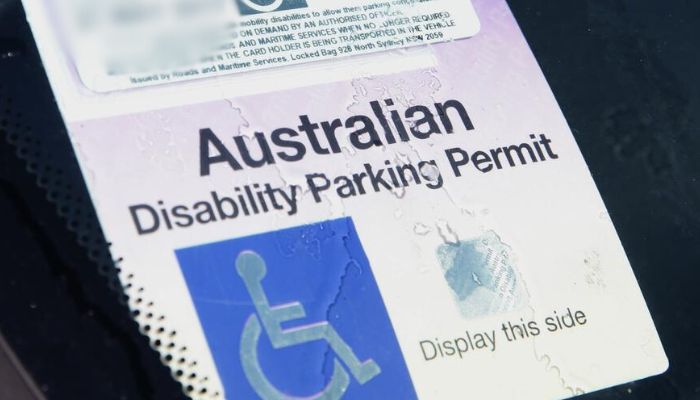
While the general rule in Queensland is to keep a clear distance from driveway crossovers, there are exceptions and special considerations. Drivers should always check for any posted signs or consult with their local council for the most accurate and up-to-date information regarding exceptions and special considerations. Being informed about these can help avoid unintentional violations of the parking laws.
Comparative Analysis with Other Regions
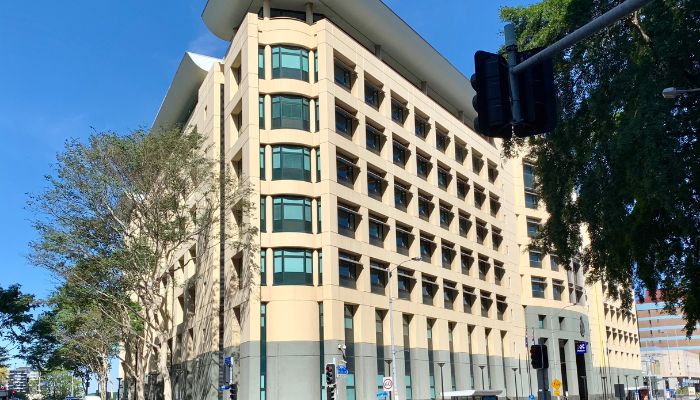
Comparing Queensland’s driveway parking laws with those in other Australian states and territories reveals both similarities and differences. Some states may have more lenient or stricter regulations, depending on urban planning and local traffic conditions. These differences underscore the importance of understanding and adhering to local laws, especially for drivers who travel between states. Awareness of these regional variations is crucial for ensuring compliance and avoiding penalties while driving in different parts of Australia.
Practical Tips for Motorists
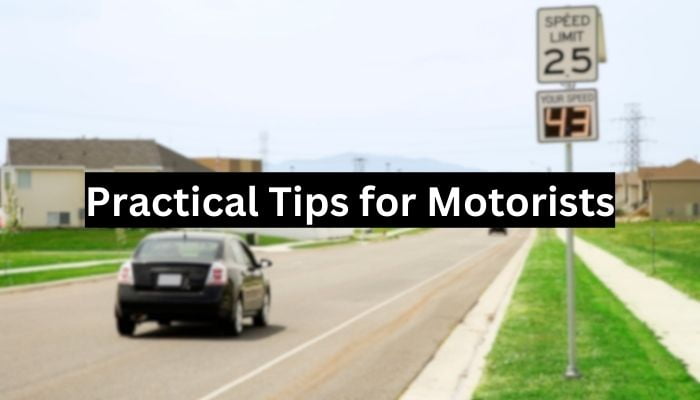
For motorists in Queensland, navigating the rules around parking near driveways requires attentiveness and consideration. Here are some practical tips to ensure compliance and avoid penalties:
- Always Check for Signage: Before parking, look for any signs indicating specific parking restrictions or allowances near driveways.
- Maintain the Safe Distance: As a general rule, keep clear from driveway crossovers, unless signage indicates otherwise.
- Be Neighborly: Be mindful of residential driveways and avoid blocking access, even if it’s for a short duration.
- Seek Alternative Parking: In high-density areas, where parking near driveways might be more challenging, look for legal parking spots further away or use designated public parking areas.
- Know the Local Laws: Familiarize yourself with the specific parking regulations of the area you are in, as local council rules can vary.
- Use Technology: Consider using parking apps or GPS-based systems that can alert you to nearby legal parking spaces and restrictions.
By following these tips, drivers can contribute to safer and more efficient road usage, respecting both the law and their fellow community members.
Conclusion
In summary, understanding and adhering to the laws regarding parking near driveways in Queensland is crucial for all motorists. These regulations are in place to ensure safety, accessibility, and harmony on the roads. While the general rule is to maintain a clear distance from driveway crossovers, it is essential to be aware of local council variations and exceptions. By staying informed and considerate, drivers can avoid fines, contribute to road safety, and foster a respectful driving culture. Remember, responsible parking is not just a legal obligation but also a courtesy to fellow road users.
References
- Transport Operations (Road Use Management) Act
- Brisbane City Council Parking Regulations
- Queensland Government – Department of Transport and Main Roads
- Local Council Websites and Parking By-laws
- Australian Road Rules
This article is of a general nature and is intended for information only. It should not be relied upon as legal advice. If you require further information, advice or assistance for your specific circumstance, please contact us at Bouchier Khan Lawyers.
